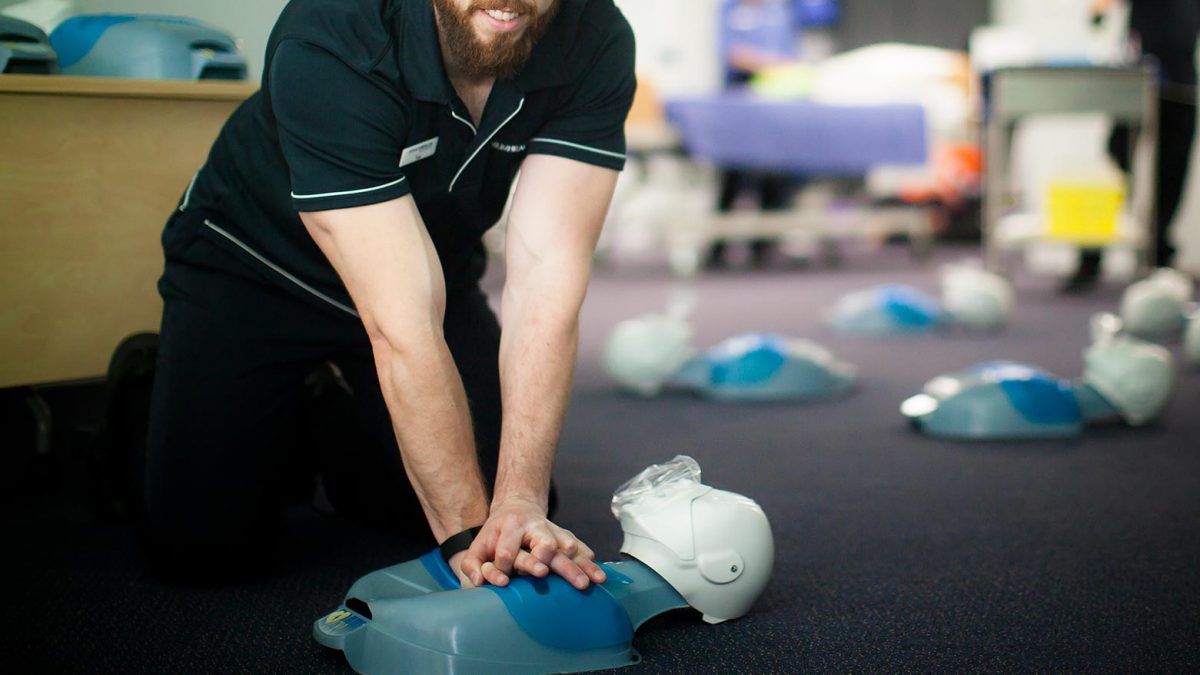Premium Health’s Summer Health and Safety Series: Part 1
'Tis The Season!' As the mercury soars so too does our nation’s injury and illness rate. From sunburn and snake bites to heat exhaustion and heat stroke, our long hot Australian summers are jam-packed with injuries and illnesses – many with tragic consequences that last long after the weather cools down.

Phillipa Wilson – Premium Health founder, Managing Director and Australian Resuscitation Council (ARC) VIC Branch Secretary – recommends that every Australian be prepared to step up and make a difference before the heatwave hits.
Whether you’re hitting the beach with friends, taking up a summer sport, lounging by the pool or taking advantage of the sunshine to get that gardening done, keep this handy guide to Summer Health and Safety in mind – or better yet, in your beach bag!
Drowning
According to the Royal Life Saving’s National Drowning Report, 271 people drowned in our nation’s waterways last year. Tragically, nearly a quarter of these victims were children under the age of 16, with drowning continuing to be the single greatest cause of death in pre-school age children in Australia.
For those who manage to pull through, a near-drowning incident can still result in irreversible damage to vital organs if left untreated, and while a speedy response by a trained first aider will increase a victim’s chance of survival, ambulances aren’t always around the corner…
What can I do?
Premium Health recommends that you call an ambulance for all victims of an immersion event, particularly young children and the elderly. If you see a person drowning, don’t dive in straight away. Take a moment to check for any environmental dangers, such as a strong current or rip. Your safety is number one, after all, you can’t help someone else if you’re drowning too!
The following steps are in line with the ARC guidelines:
- If it’s safe to do so, remove the person from the water. If in doubt, throw them a buoyant device or a rope.
- Assess the victim: In a minor incident, a victim will cough and splutter and breathing will return to normal within a few minutes.
- If the victim is unconscious or not breathing normally, signal for help and commence resuscitation following the ARC Basic Life Support flow chart.
- Check the victim’s airways for fluid or debris, such as water, blood, sand or vomit. If the airways are obstructed, turn the victim on their side with their mouth opened and slightly downturned to let gravity do its job. If necessary, finger-sweep the debris out of their mouth.
- If the victim is now breathing normally, leave them on their side with appropriate head tilt, and seek medical assistance as necessary.
Premium Health’s summer health and safety checklist
- Think ‘sun smart’: slip on a t-shirt, slop on some sunscreen, slap on a hat – and slide on those shades!
- Keep hydrated, and try to up your water intake from 8 to 10 glasses per day
- Keep a First Aid Kit (and this guide!) in your beach bag, or poolside
- Never let young children swim unattended
- NEVER leave infants, children, the elderly or pets in parked vehicles
- Look out for your elderly relatives and neighbours, and ensure they have access to plenty of fluids and adequate ventilation if not air conditioning
For us Aussies, the best things about our long, hot summers can also be the most dangerous. But with the right preventative measures and a commitment to learning a few life-saving skills, it’s well within our power to turn things around.
We all have a responsibility to look out for one another as we take part in activities that involve inherent risk. And, if in doubt, don’t hesitate to call for help. Paramedics would rather a false alarm than another tragic case of ‘too little too late’.
Premium Health’s ‘Remote Area First Aid’ training
If you’re heading away on holidays, remember that ambulances aren’t always around the corner. ‘Provide First Aid in Remote Situations’ is a nationally accredited course that develops the knowledge and skills required to provide a remote first aid response and emergency life support to a casualty in remote or isolated environment. So if you’re a hiker, trekker, climber or camper, this is the course for you!
